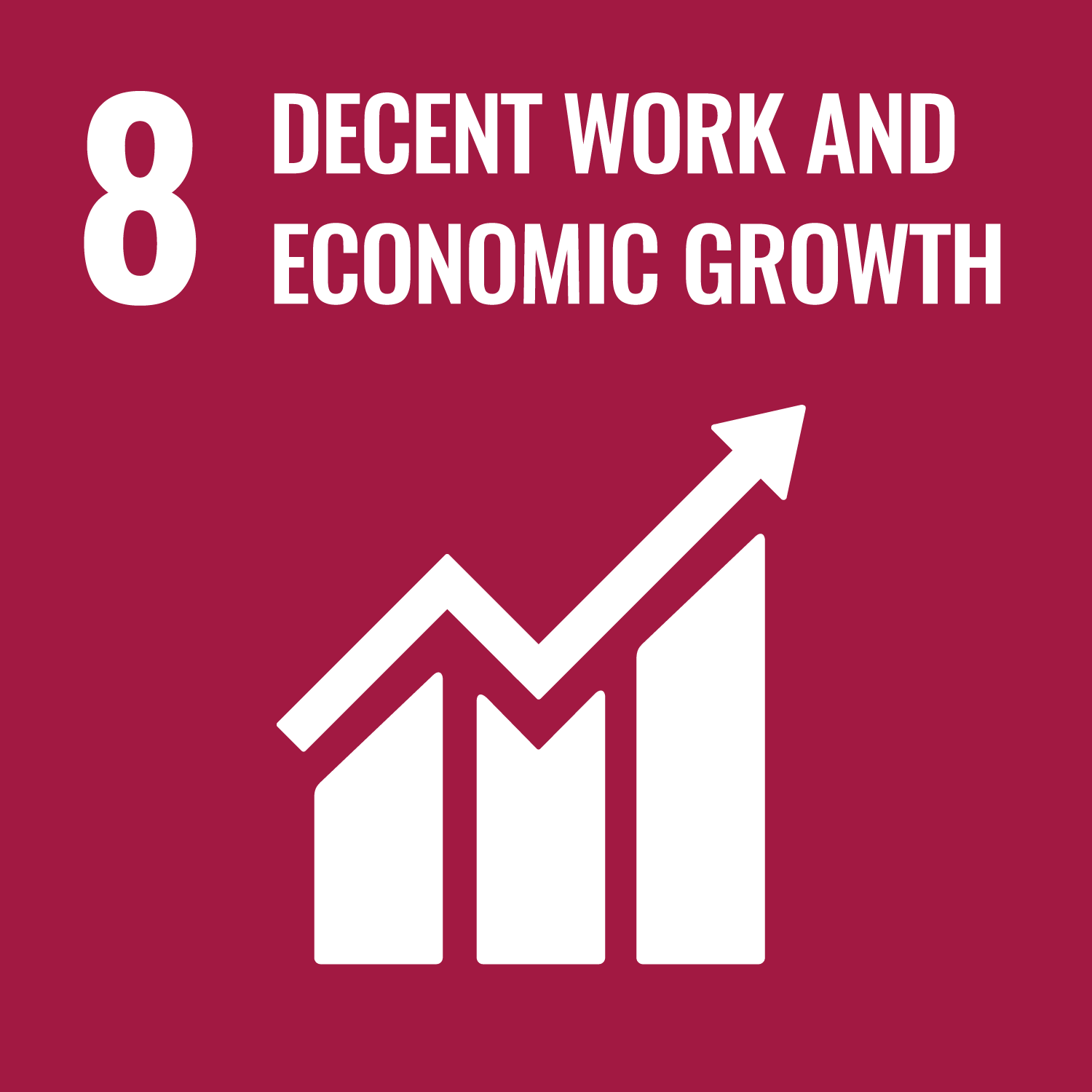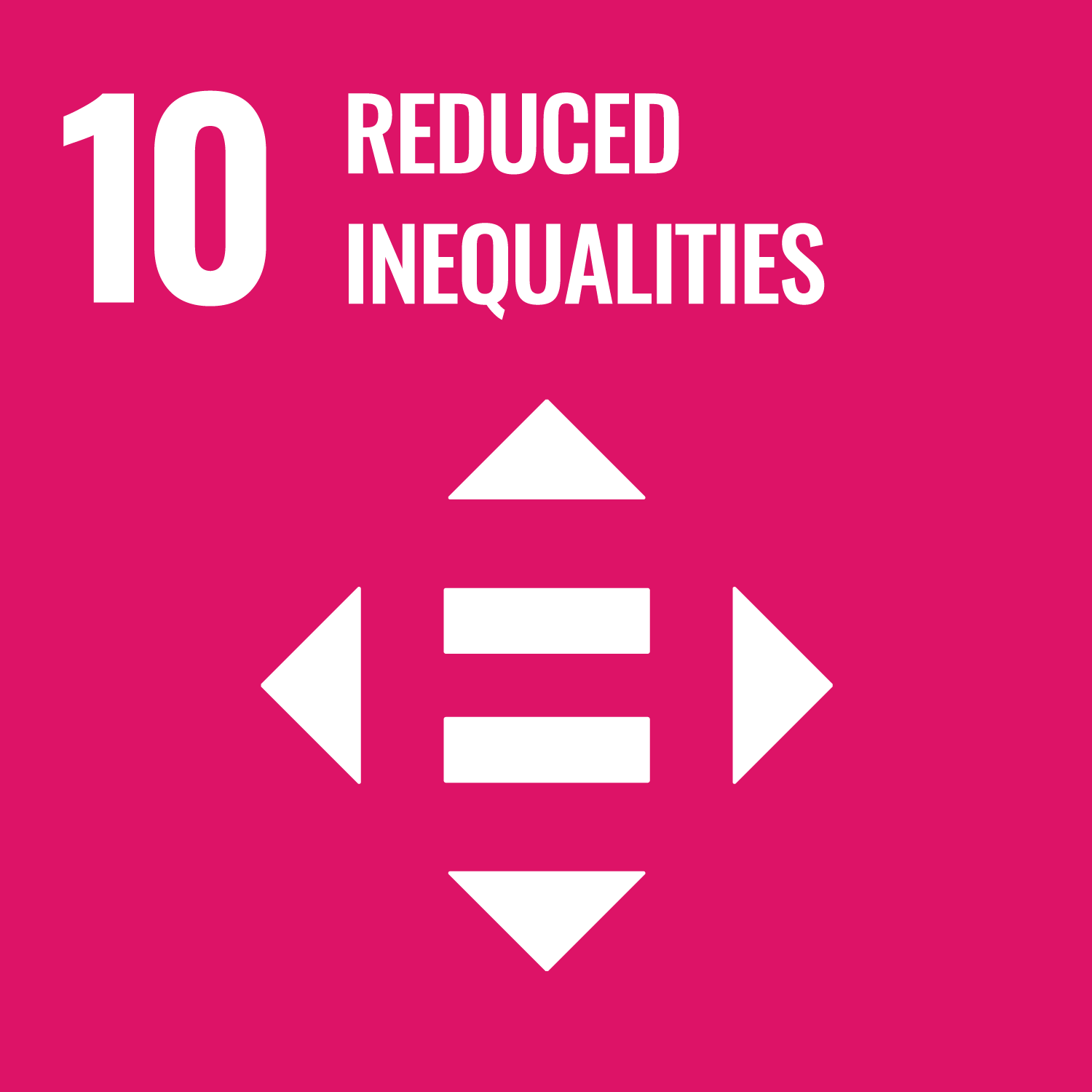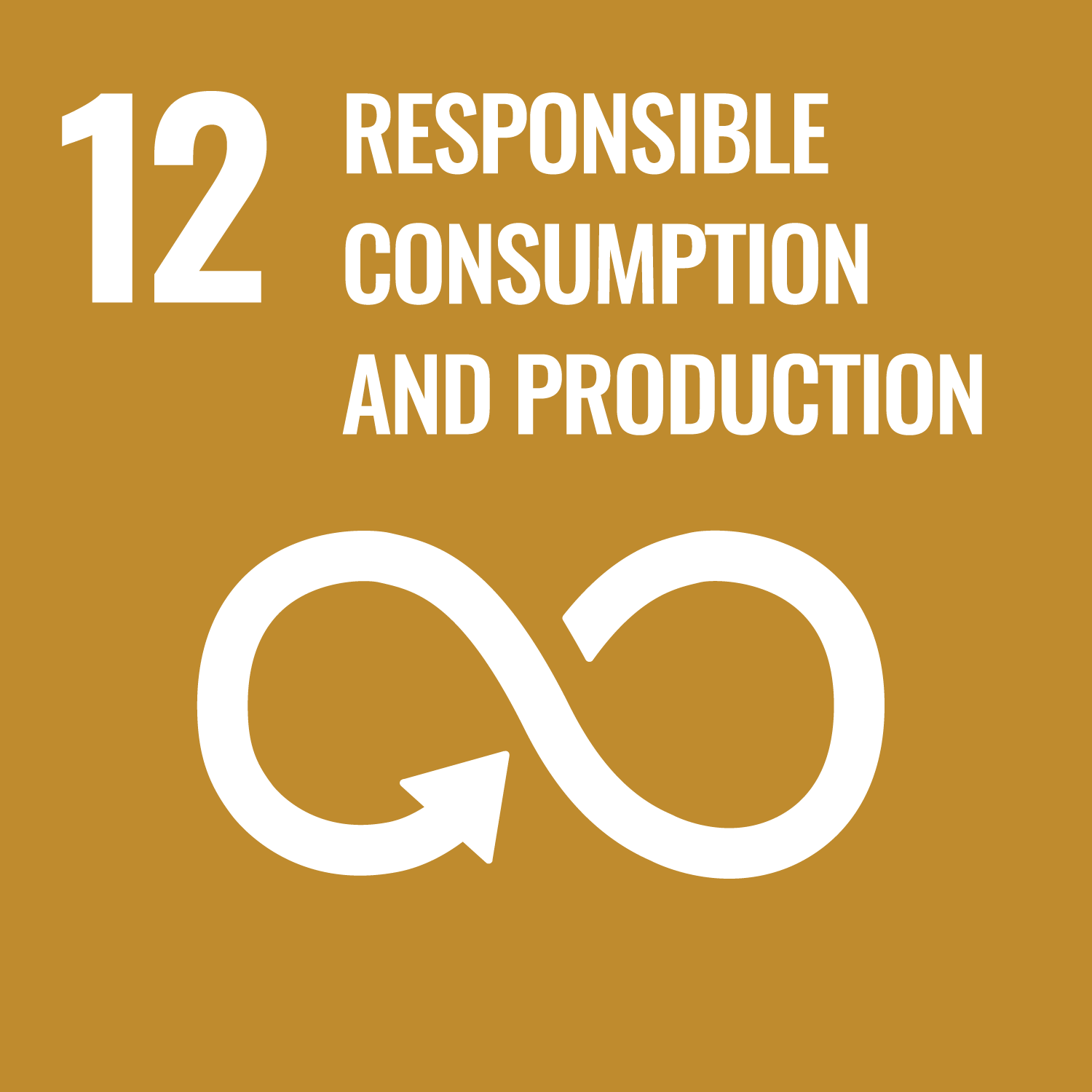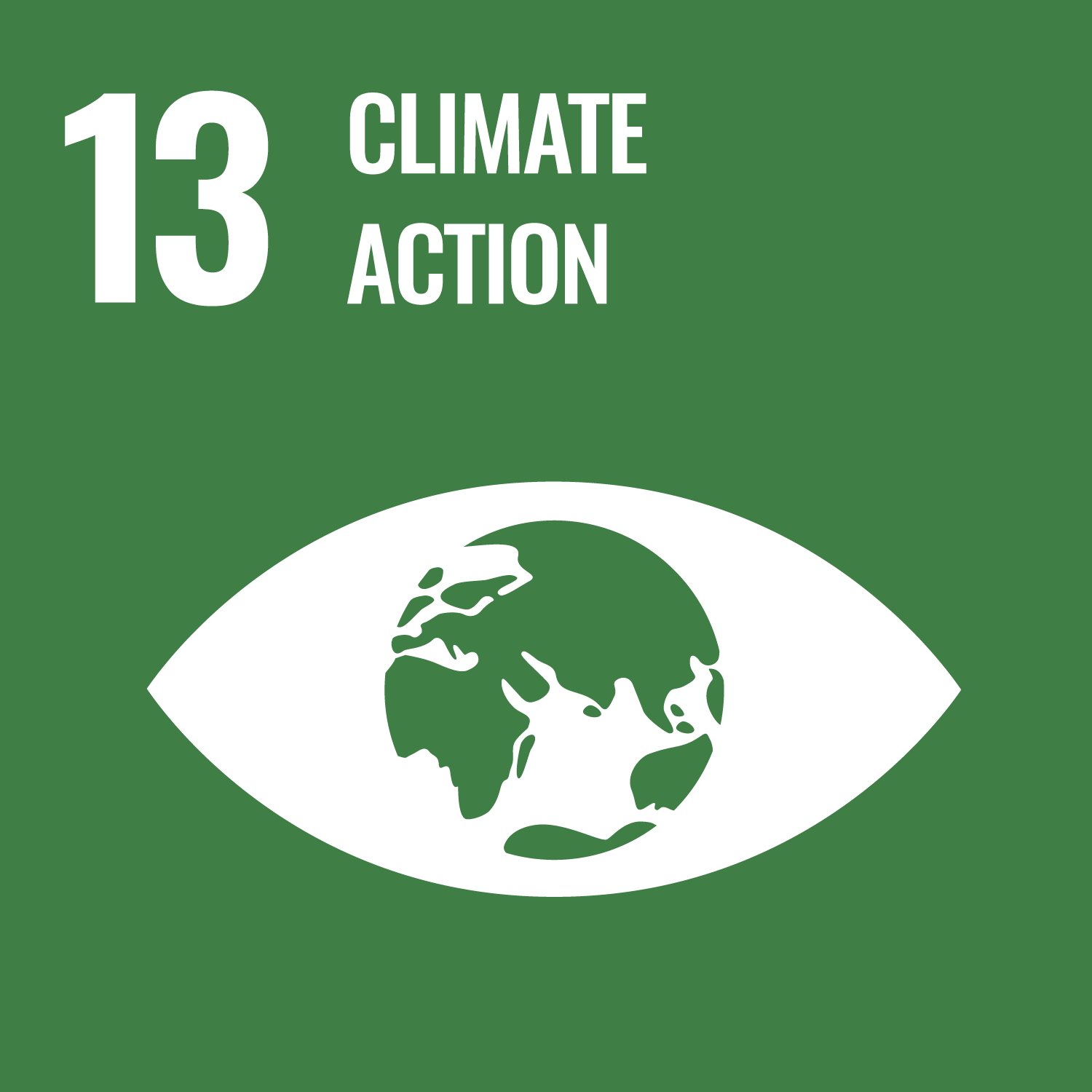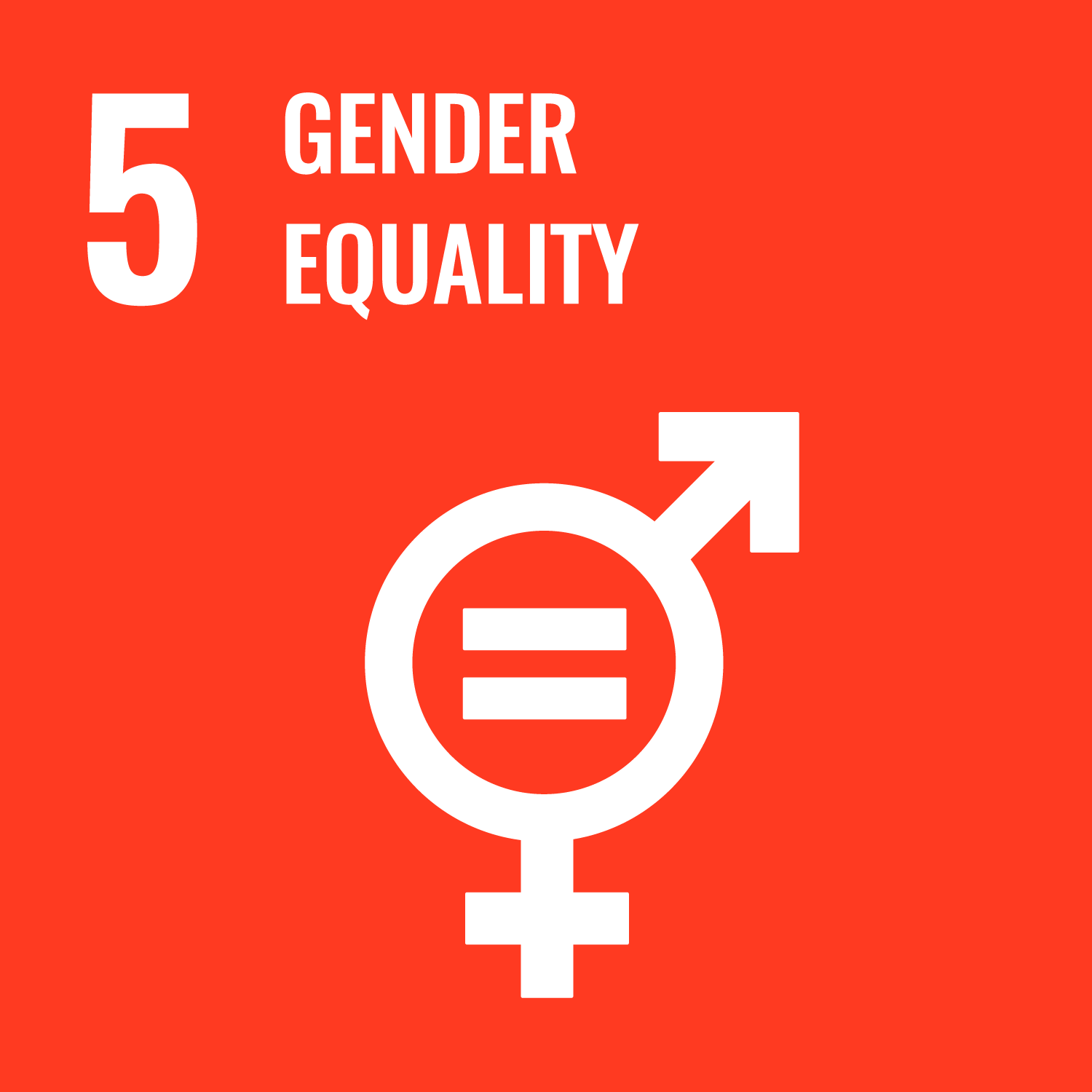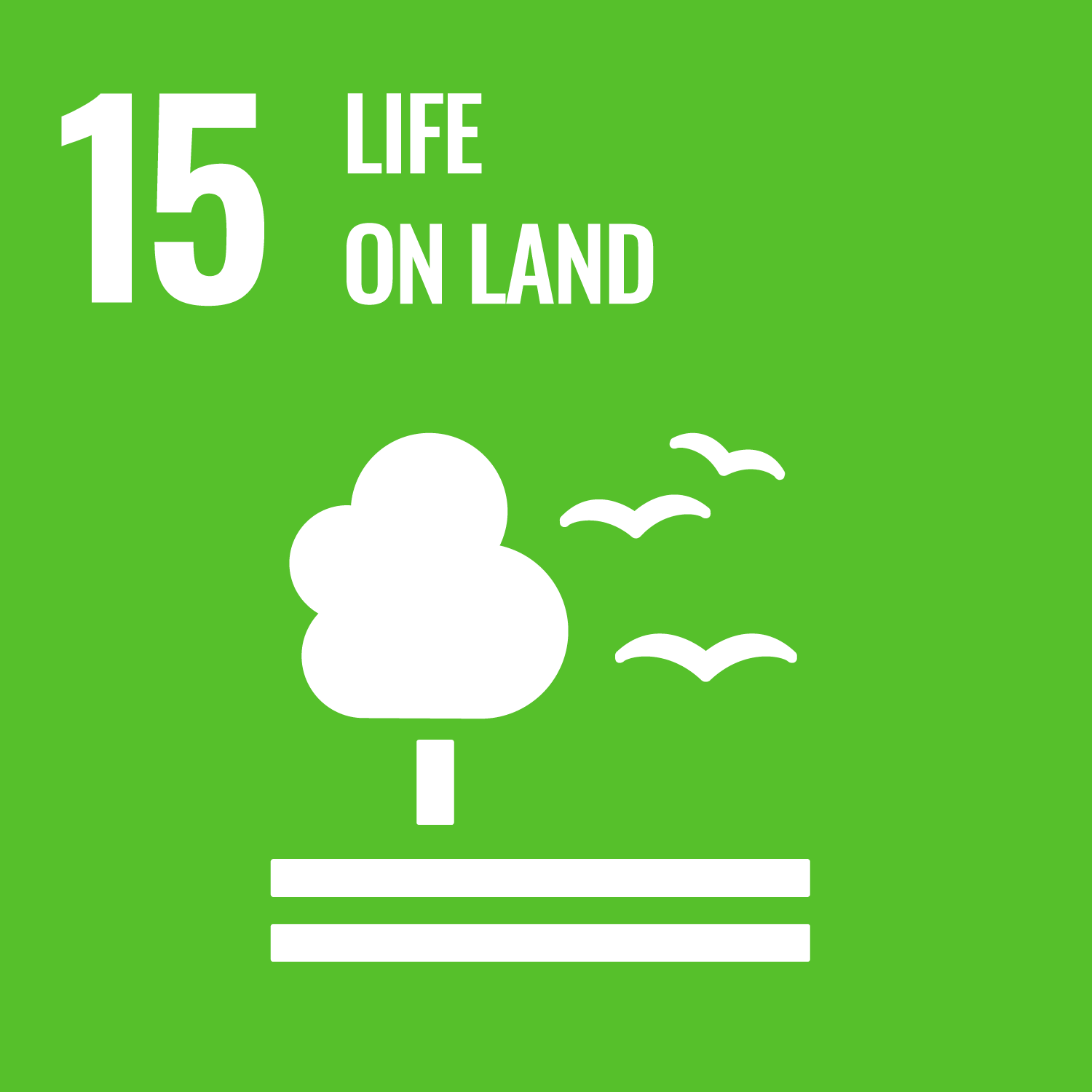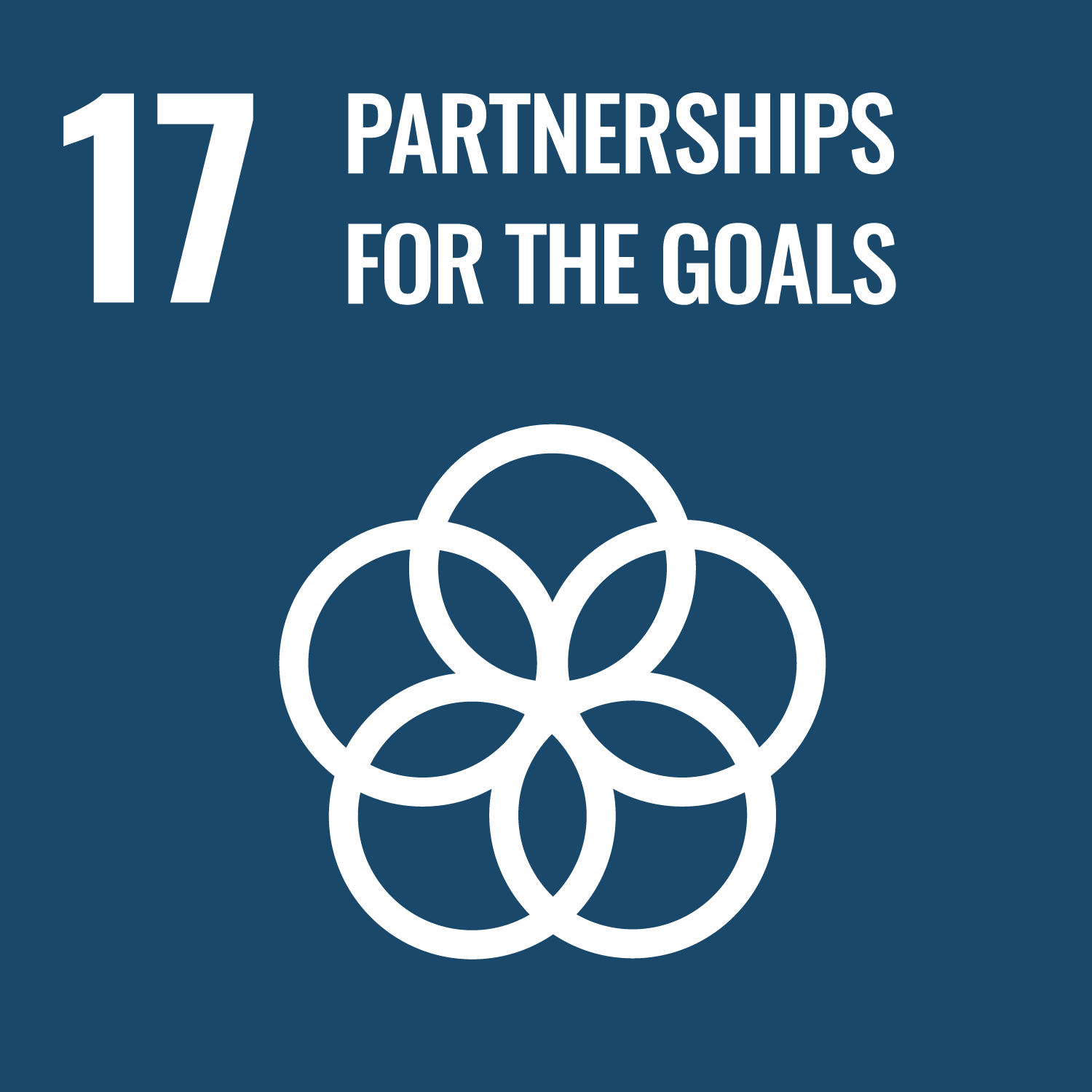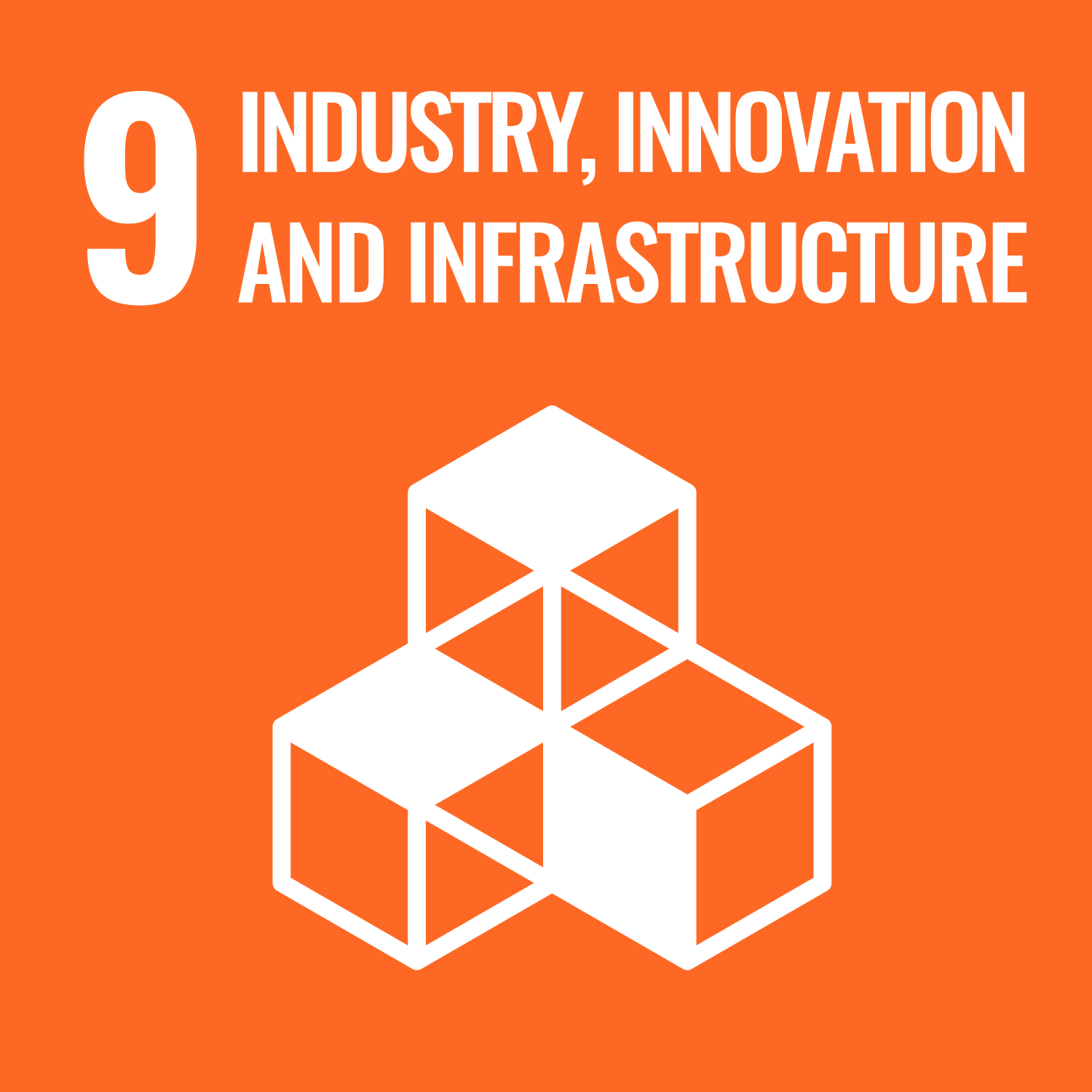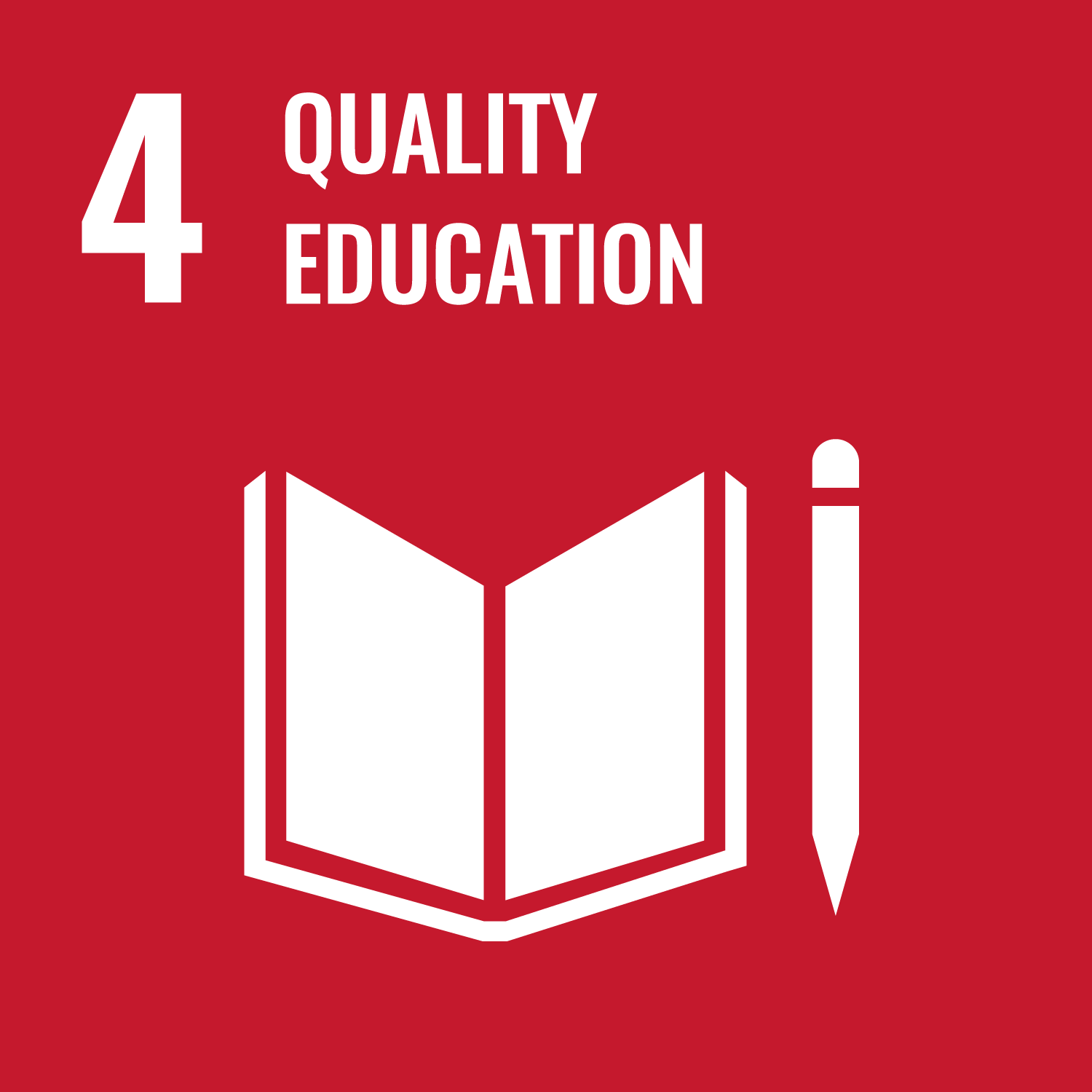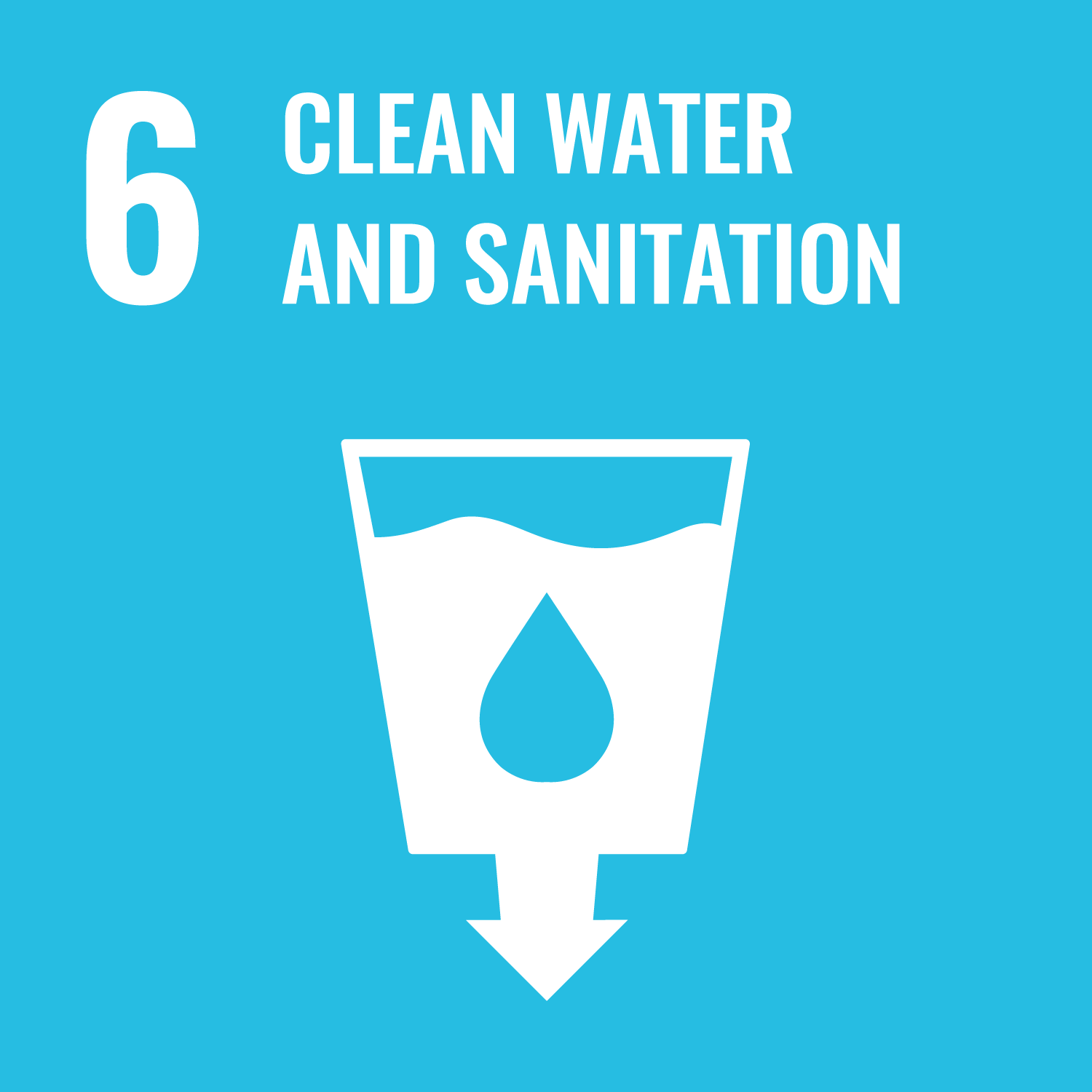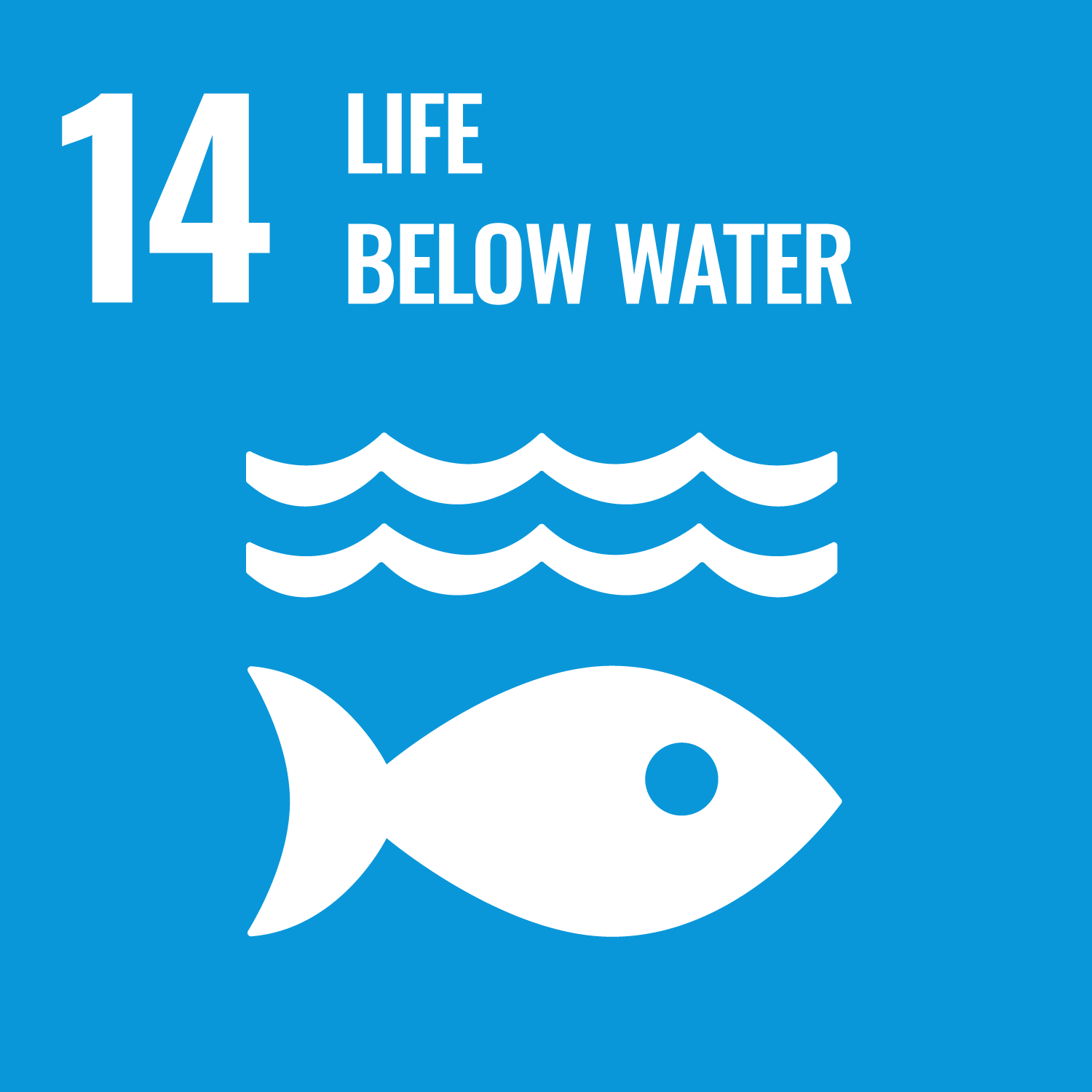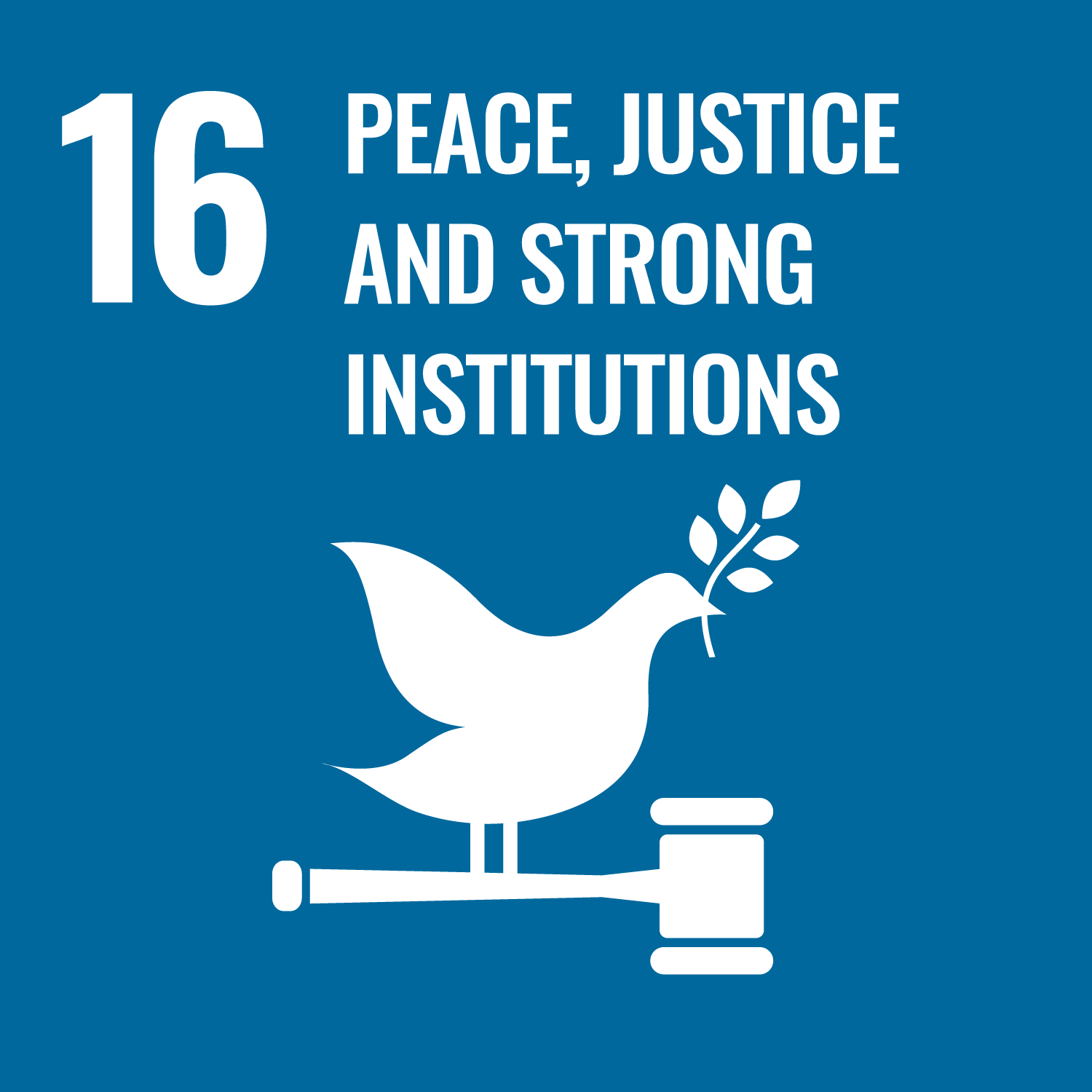CAROLA HOMMERICHCAROLA HOMMERICH
Faculty of Human Sciences, Department of Sociology Professor
- Research Interests
- Carola Hommerich is a Professor at the Department of Sociology, Faculty of Human Sciences, and a core faculty member of the Sophia Program for Sustainable Futures (SPSF). Her research interest centres on the interrelation of social and subjective well-being. She specifically analyses how experiences of precarity, status anxiety and social exclusion relate to subjective well-being, and how different types of social capital mediate this relationship. Analysing Japanese society in comparative perspective, she has been working with different conceptualisations of well-being, utilizing standard measures of well-being as well as culture specific measures. Recently, she is also working on attitudes towards climate change, with a specific interest in how environmental attitudes and perceptions of individual efficacy translate into pro-environmental behaviour.

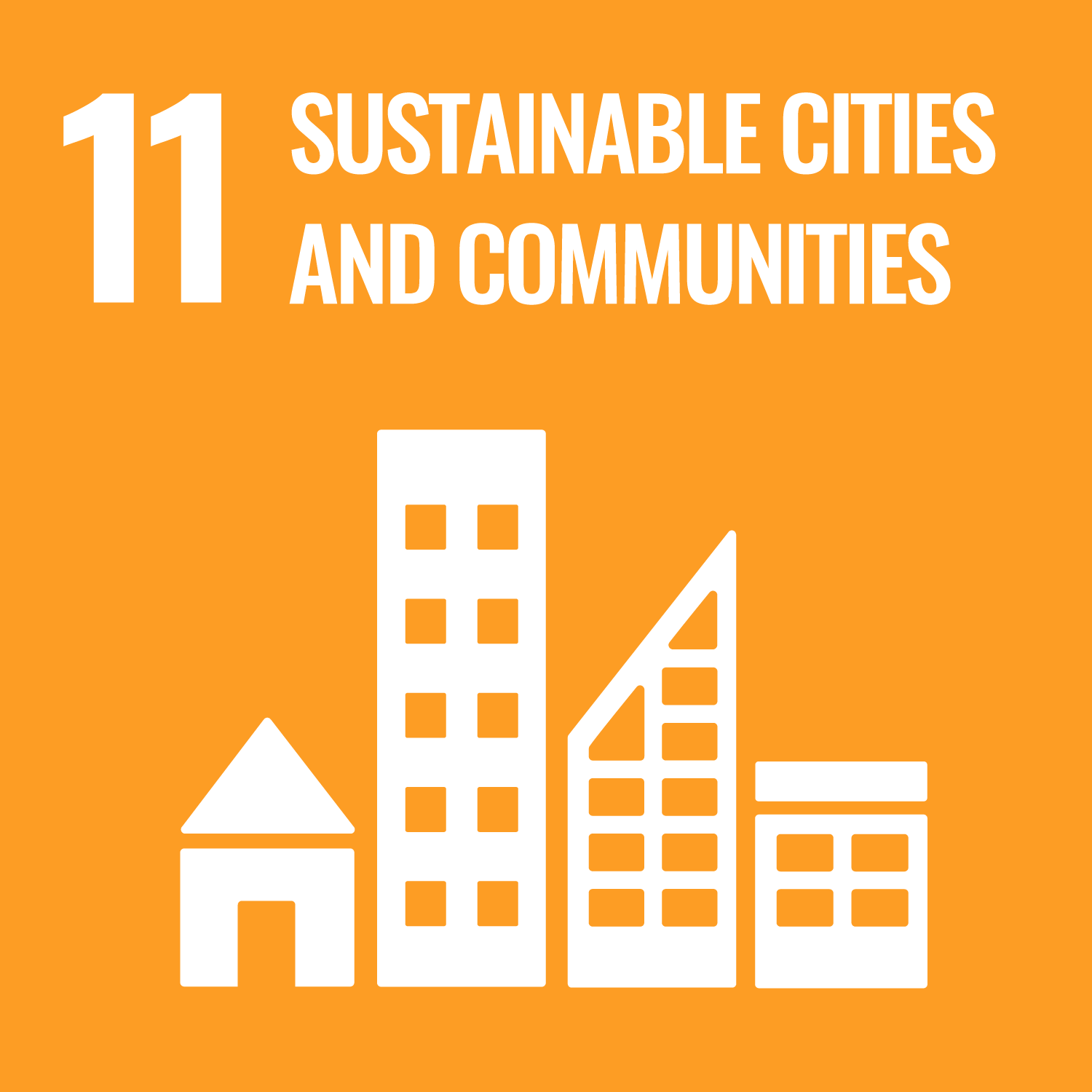 SUSTAINABLE CITIES AND COMMUNITIES
SUSTAINABLE CITIES AND COMMUNITIES